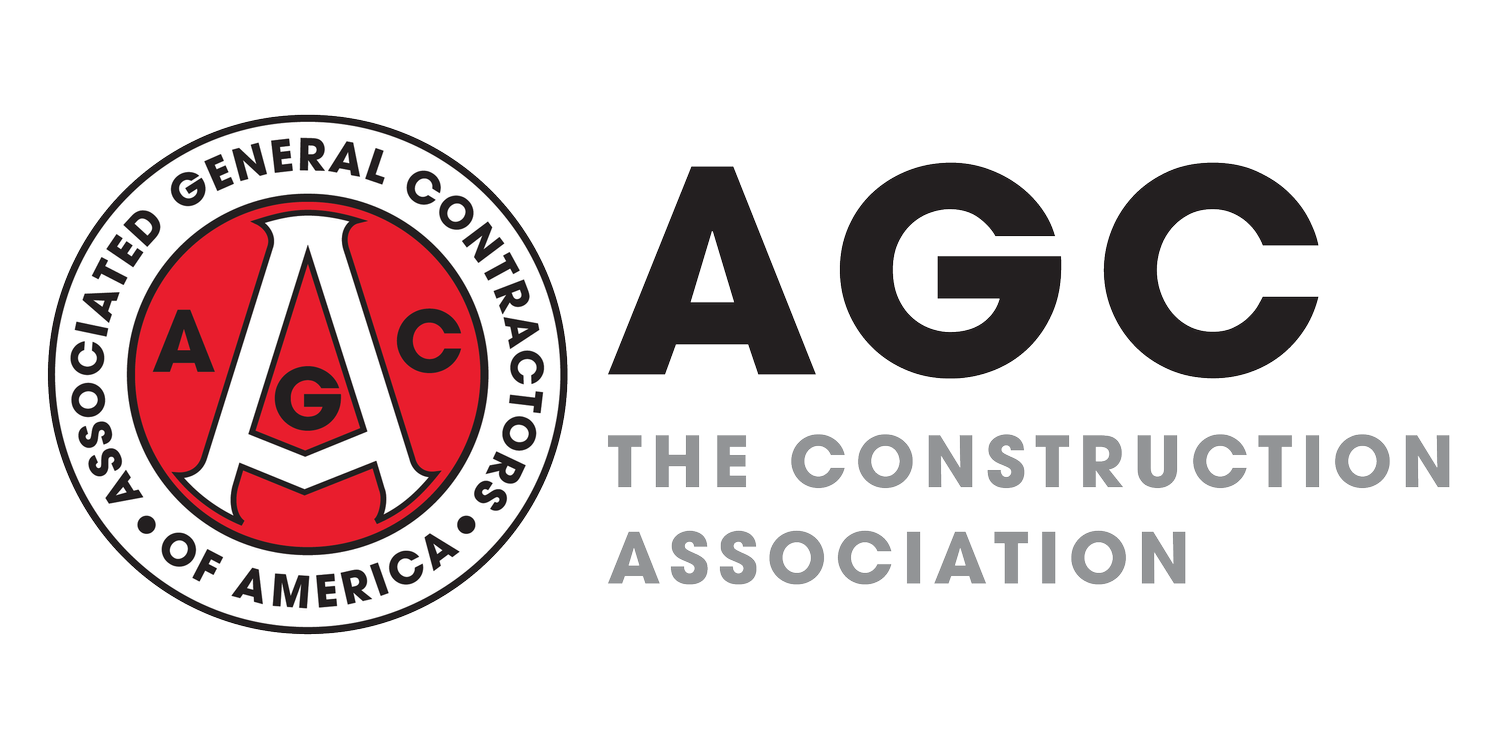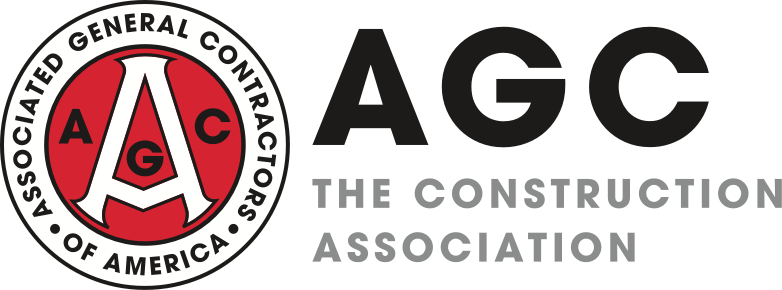Does Fast-Track Construction Management Open the Door to Litigation Risk? Not So Fast.
BY JAMES GALLAGHER
PRINCIPAL, RESOLUTION MANAGEMENT CONSULTANTS
AN ASSOCIATED CONSTRUCTION CONTRACTORS OF NEW JERSEY MEMBER
Design-bid-build has been a traditional format for managing construction projects. In its simplest form, it is a process where a designer designs the project, then prospective contractors bid on constructing the design and ultimately, the design is built by the contractor(s). Typically, each of these three steps is accomplished by the party in charge of that step, with little engagement or input by the other parties until the project moves to their step or until problems arise from issues resulting from a previous step.
Over the last few decades, much of construction management has evolved to a “fast-track” model which today is utilized in many projects. Some widely used fast-track methods are called design-build, design-assist and progressive design-build, among others, which help shorten the completion timeline by combining or eliminating a number of the design-bid-build steps. James Gallagher, principal at Resolution Management Consultants, Inc., an Associated Construction Contractors of New Jersey member, believes that advocates of the traditional design-bid-build process are often wary of fast-tracking, fearing that, due to the faster pace, one might overlook, short-change or only give cursory attention to important steps or details, and – by doing so – create disputes leading to litigation.
Inherent in all construction projects, says Gallagher, are risks and uncertainties that have the potential to cause cost overruns and extended time of performance. However, “using fast-track construction management, this negative potential is often mitigated by bringing those formerly siloed parties together earlier in the project facilitating communication and oversight, with the positive potential to more effectively catch and reduce dispute points before they occur.”
By facilitating communication, interaction and oversight from the start, fast-track construction management enables each party’s perspective, input and recommendations to be considered by the team and built into the action plan near the outset, rather than having to wait to adjust them at a future time.
Gallagher believes that fast-track construction management’s greatest strength is in its potential to reduce the number of change orders, arguably a leading cause of construction disputes and litigation.
“Bringing all parties together on a project, as early as the design phase can be a valuable factor in reducing, limiting or preventing cost overruns by having to make changes to the job, once underway,” he said. Collaboration minimizes risks.
“With the competitive nature of construction bidding, the difference between a successful and profitable project is often separated by the ability of the stakeholders to respond to changes and obstacles that are encountered,” he continued. “One can’t prevent all litigation risk, but fast-track construction can significantly limit exposure.”
Resolution Management Consultants, Inc. (RMC) is a nationally recognized consulting firm headquartered in Marlton, New Jersey. Founded in 1993 by veterans in the construction, contracting and engineering professions, RMC has assisted numerous private owners, public agencies and contractors in either achieving project goals or resolving cost and time disputes between the contracting parties.
Want more information on construction project delivery? Be sure to visit https://www.agc.org/industry-priorities/project-innovation-delivery.
